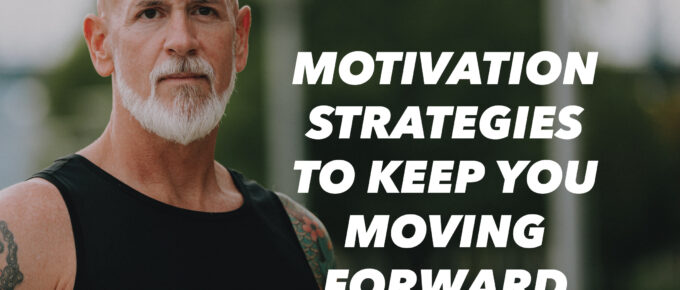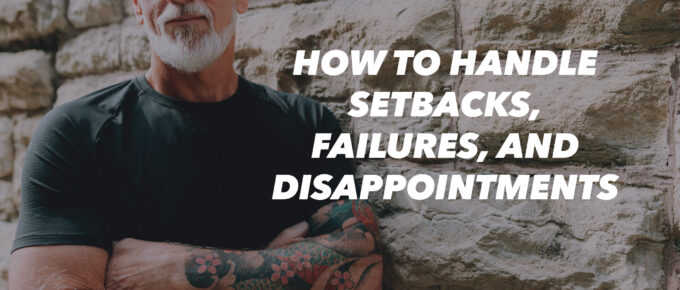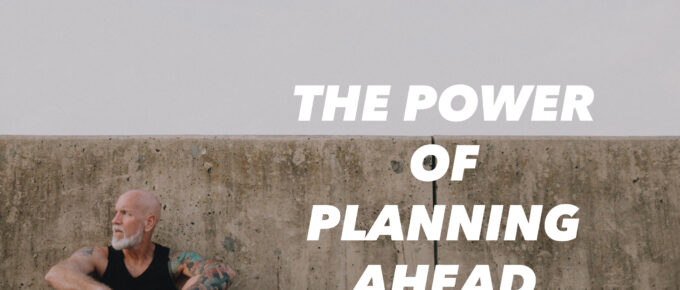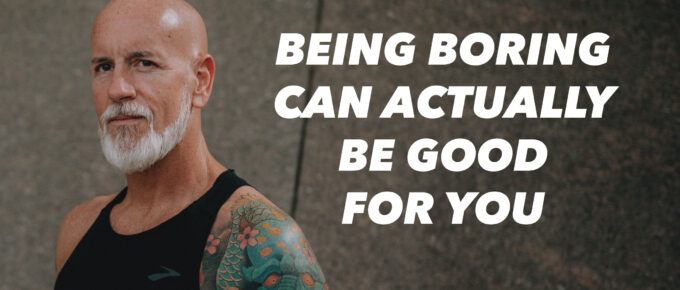I talk a lot about losing weight and eventually getting to your “natural weight” but I’ve never really taken the time to explain what your “natural weight” is. Several people have been asking me …
Continue Reading about 245. Replay: How to Tell When You’re at Your Natural Weight →






